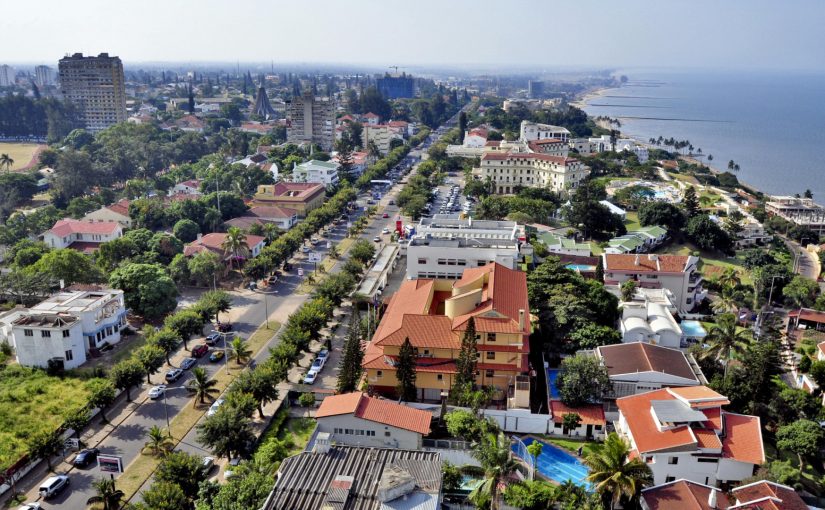Mozambique: IGEPE chairperson remains at her post although her term has expired - AIM
Mozambique: State hopes to exit FATF grey list by H1 2024

File photo: Lusa
The Mozambican government expects the country to exit the Financial Action Task Force (FATF) “grey list” by the first half of 2024, pointing out that it has made “enormous progress” towards the removal of this negative classification.
“What we are going to do this year is to demonstrate to FATF that, both in terms of compliance and in terms of effectiveness, we have already made enormous progress, and in the next session in March or April 2024, the window will open” for Mozambique’s removal from the list, Luís Cezerilo, deputy director general of the Financial Intelligence Office of Mozambique (GIFIM), told Lusa.
Cezerilo cited the approval by the government of proposals to revise the laws governing money laundering and financing of terrorism and the expected approval of the respective regulations as among the important advances that the country has already made in conforming with recommendations laid down by FATF.
Additionally, the authorities are working to put in place a tax confiscation law and a beneficial owner status, as part of the roadmap aimed at removing the country from the grey list, on which it was placed in October 2022.
“Without compliance with these six recommendations, those they call the ‘big six’, without these, there is no possible dialogue,” with the FATF, he underlined.
Despite the improvements, Mozambique will not be in time to be removed from the grey list this year, because it has to present a report for evaluation to the FATF on July 28, before the extraordinary session of the Assembly of the Republic, the body that must approve the aforementioned legal instruments and which will meet in August.
In total, Mozambique received 40 recommendations conditioning its removal from the list, and has partially complied with 21 and not complied with 13, excluding the aforementioned “six big” recommendations, Cezerilo said.
In February this year, the World Bank alerted the Mozambican authorities to the difficulties accessing markets arising from the country’s inclusion on the list, which indicates the risk of money laundering and terrorist financing being easier in a territory.
“Exiting the list is necessary to promote access to international financial markets, continue to attract foreign investment and participate in international trade,” Julian Casal, a specialist at the World Bank for the financial sector, said at the time.












Leave a Reply
Be the First to Comment!
You must be logged in to post a comment.
You must be logged in to post a comment.